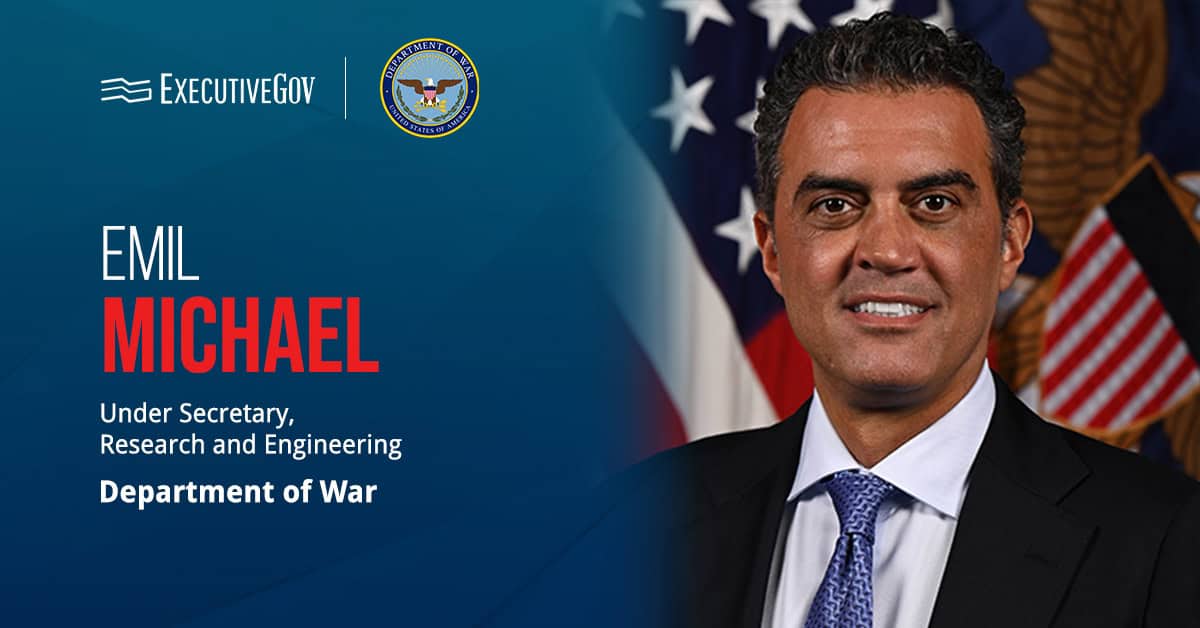The Office of the Director of National Intelligence (ODNI) has reorganized its structure to revolve around two different operational directorates. ODNI said Monday that it has established the Policy and Capabilities directorate and renewed the Mission Integration directorate for the agency's organizational restructuring aimed at improving work synchronization.
The new Policy and Capabilities directorate will support the intelligence community's capacity to address future needs, while Mission Integration tackles existing intelligence requirements.
“Together, these two directorates, along with our centers snd independent offices, will provide the foresight, responsiveness and leadership our mission requires," said John Ratcliffe, DNI director.
ODNI based this organizational change on a DNI-led review covering the agency's recent structure.





